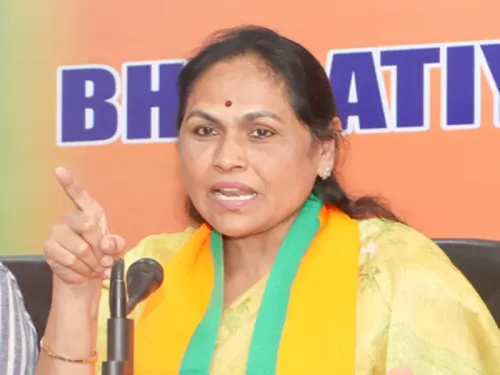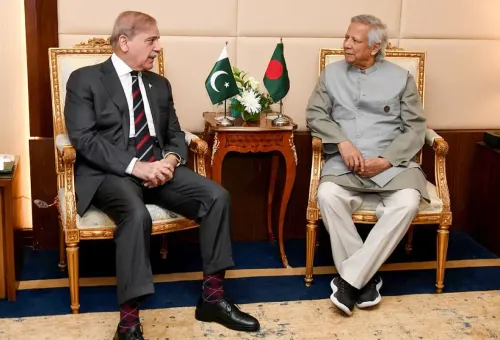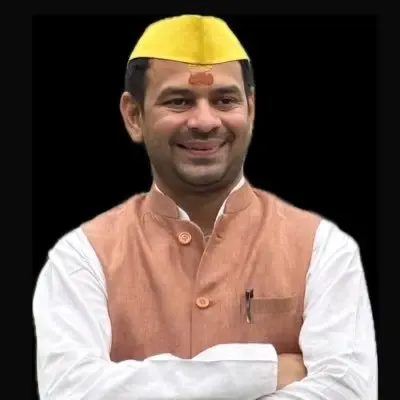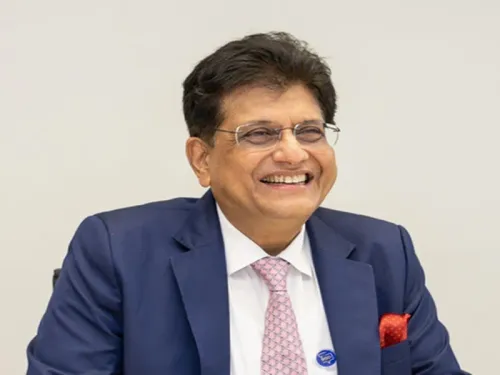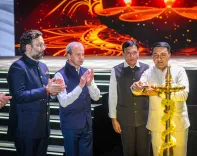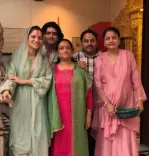Why Did Naqvi Criticize Akhilesh Yadav Over Mosque Meeting?
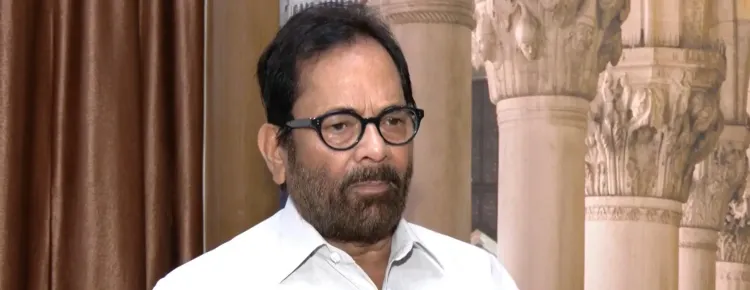
Synopsis
Key Takeaways
- Mukhtar Abbas Naqvi criticized the use of a mosque for political events.
- The incident raises questions about secularism in Indian politics.
- SP leaders defended the visit as a personal matter.
- Naqvi highlighted concerns over illegal voters in the electoral process.
- Using religious sites for politics may jeopardize democratic integrity.
New Delhi, July 23 (NationPress) Senior BJP leader Mukhtar Abbas Naqvi expressed strong disapproval on Wednesday of Samajwadi Party (SP) chief Akhilesh Yadav following the circulation of images depicting him and several MPs inside a mosque close to Parliament.
Naqvi challenged the appropriateness of utilizing religious sites for political activities, deeming it a mockery of secular principles.
In an interview with IANS, Naqvi stated, “Political activities should take place in party offices, public halls, or open spaces—not in temples, mosques, or gurdwaras. If you conduct political events within a mosque and label it a representation of secularism, it is a complete betrayal of secularism itself.”
The images that emerged on social media on Tuesday evening captured Akhilesh Yadav alongside various party MPs, including his wife, MP Dimple Yadav, within a mosque on Parliament Street.
While SP representatives described it as a casual visit and a private moment of reflection, BJP officials have accused them of intermingling religion with politics to incite polarization.
Naqvi, recognized as a significant Muslim figure in the BJP, emphasized that the opposition should refrain from using sacred venues for political optics. “Secularism requires keeping religion separate from politics, not showcasing political unity within a religious context for personal gain,” he asserted.
During the same discussion, Naqvi addressed the ongoing review of the voter list in Delhi, indicating that the focus should be on identifying and eliminating illegal voters. “Regrettably, some individuals appear more concerned with protecting these illegal voters,” he noted, adding, “They are attempting to shield these unlawful voters while infusing a communal angle to instigate polarization.”
Naqvi cautioned that such endeavors jeopardize the democratic process, insisting that only verified voters should be permitted to engage in elections.

